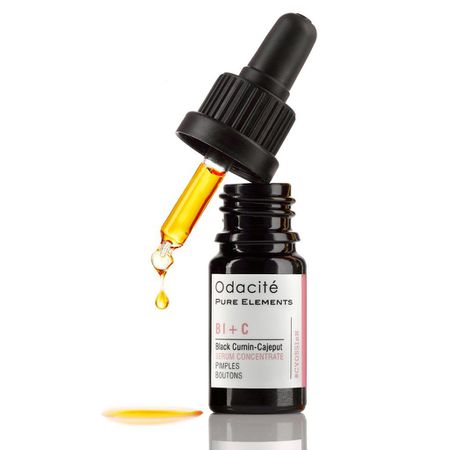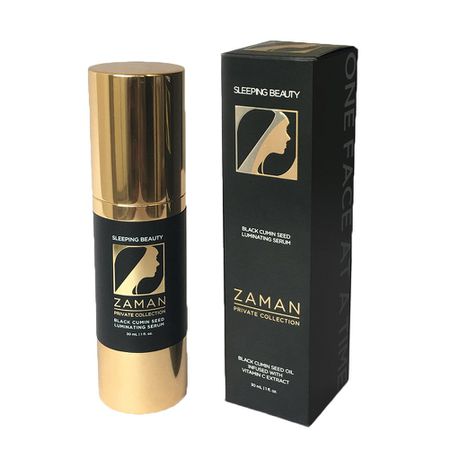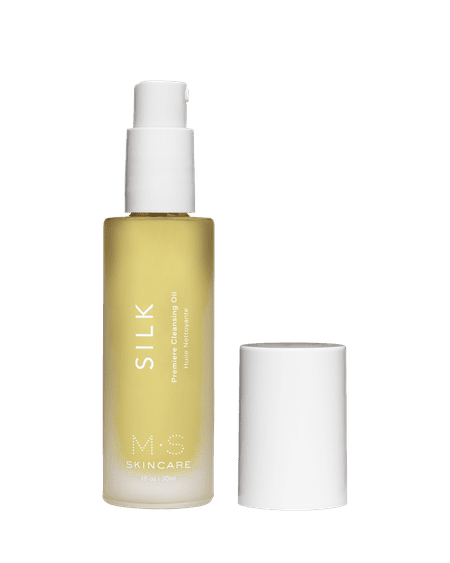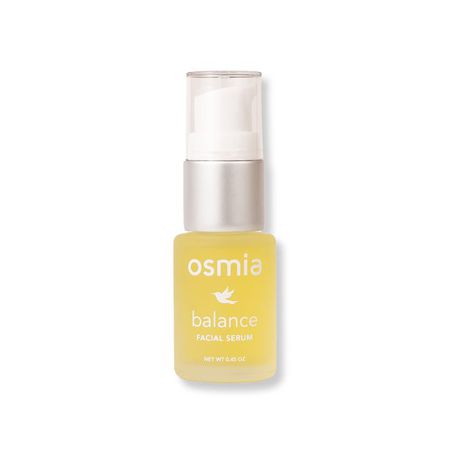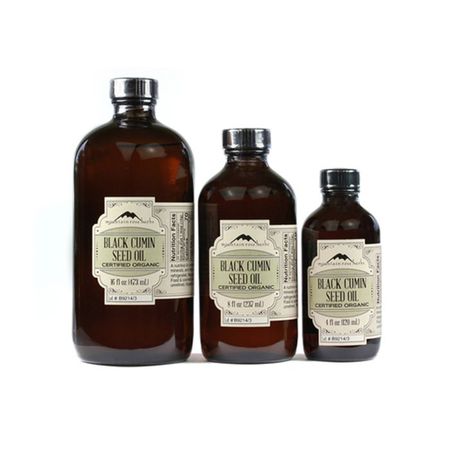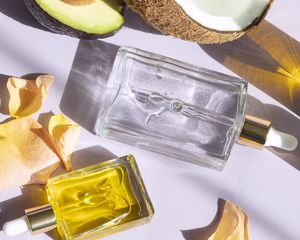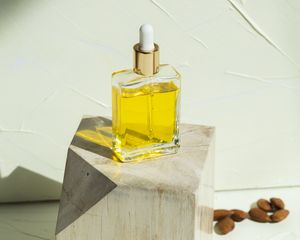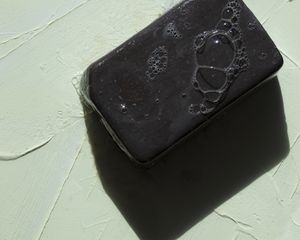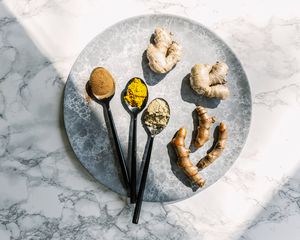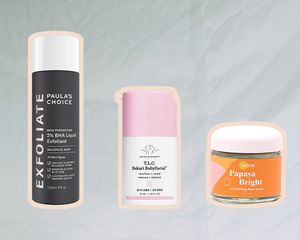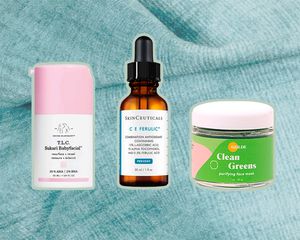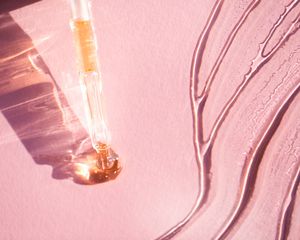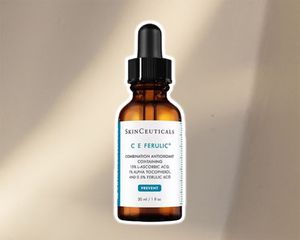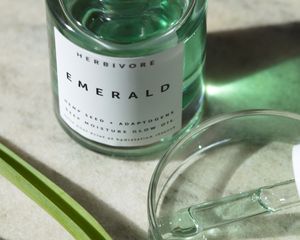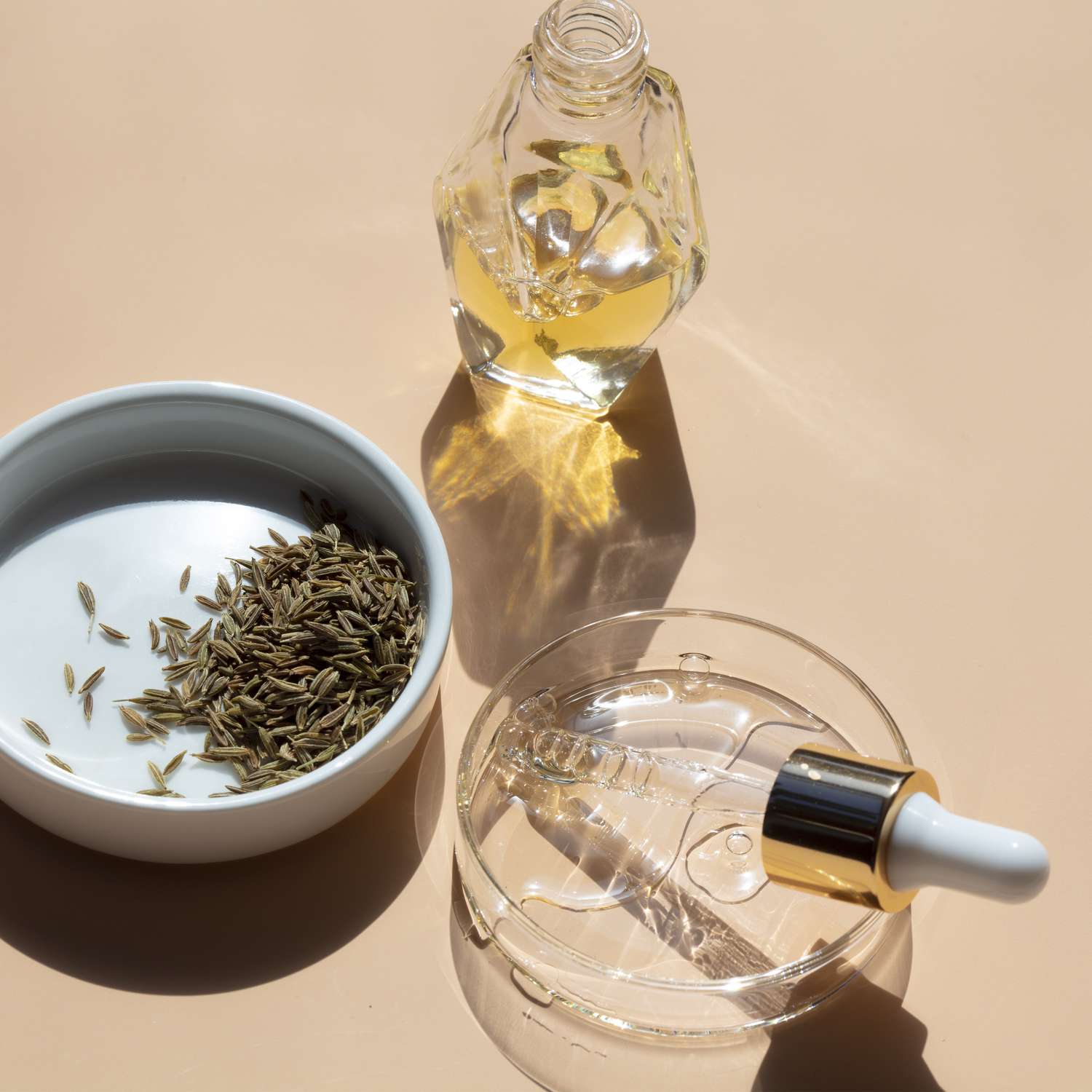
Liz deSousa for BYRDIE
Blindly purchasing skincare products for their packaging or cheeky name may have been the case for beauty shopping in years past, but the skincare buffs of today want to know exactly what's in their products. The main goal is to avoid harmful chemicals in favor of simple, active ingredients. Demand for natural, effective skincare and the discovery of formulas that fit those needs naturally go hand-in-hand. So when we catch wind of a new ingredient—or better yet, an oldie but a goodie that simply hasn't made it mainstream yet—our ears perk right up.
We recently learned of black cumin seed oil, an ancient ingredient that's been used in the Middle East, Africa, and Asia for centuries, and feel it deserves a spot in your collection. We'll admit that oils are not a new category in the world of natural beauty. There's argan, coconut, avocado, and jojoba—all of which have earned their rightful spots on the ingredient labels of skincare products. So we tapped two experts, celebrity makeup artist Aneela Zaman and professional esthetician Andrea Lopez, to learn all about the wonder ingredient that is black cumin seed oil.
Meet the Expert
- Aneela Zaman is a celebrity makeup artist and the founder of Zaman Skincare.
- Andrea Lopez is an esthetician and the founder of Bonum Vitae, a line of natural face oils.
Keep scrolling to learn about black cumin seed oil for skin.
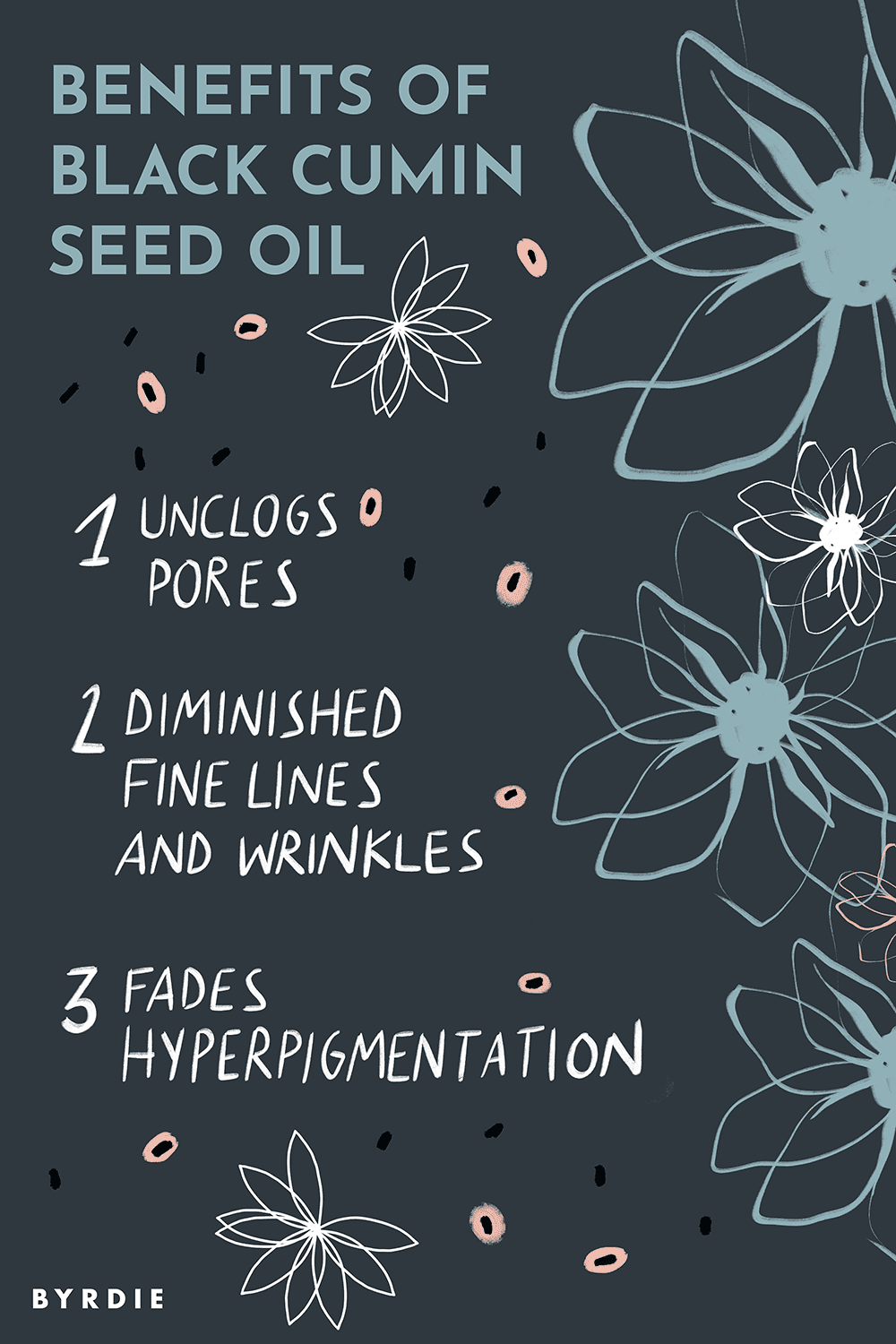
Black Cumin Seed Oil
Type of ingredient: Antioxidant, anti-inflammatory
Main benefits: Diminishes fine lines, fights acne, unclogs pores, fades dark spots.
Who should use it: In general, black cumin seed oil is great for all skin types.
How often can you use it: It’s safe to use up to two times a day, morning and night.
Works Well With: Black cumin seed oil can be combined with many other ingredients and is often combined with other emollients, oils, and/or moisturizing ingredients such as shea butter, ceramides, beeswax, and hyaluronic acid.
Don’t use with: In general, black cumin seed oil can be used with most, if not all, ingredients.
What is Black Cumin Seed Oil?
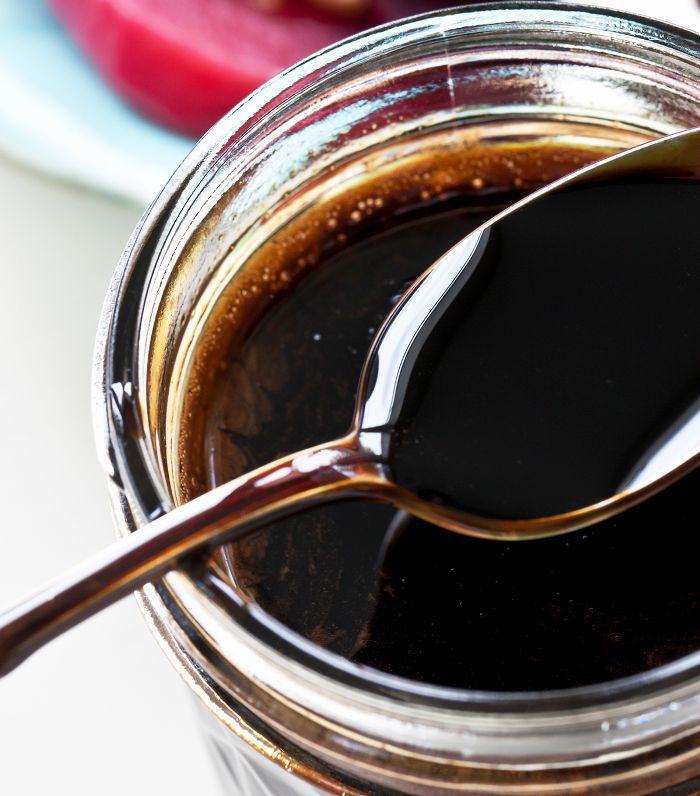
Zaman, who founded an eponymous skincare line that harnesses the natural, versatile powers of black cumin seed oil claims the ingredient has a rich history. "Black cumin seed oil is a legendary secret of the goddesses like Cleopatra and Nefertiti, who used it as part of their daily beauty regimen," she explains. "It is also known that the pharaoh Tutankhamun was found buried alongside black cumin seed oil almost 3300 years ago," she claims. Completely different from the orange-hued cumin from the culinary world, this product comes from a plant called Nigella sativa, sometimes also called black caraway or fennel flower.
Though precious in the East, black cumin seed oil is hardly at the tip of most American tongues. However, as the Western beauty industry increasingly turns toward natural and organic skincare methods, black cumin seed oil is catching some major steam, and for good reason.
Benefits of Black Cumin Seed Oil
Black seed oil uses are aplenty—here are the main benefits for skincare.
- Fights acne, clogged pores, and inflammation: According to Zaman and Lopez, one of the most appealing benefits of this exotic black elixir is its antibacterial and anti-inflammatory properties, which work to reduce clogged pores and control oil, as well as tame redness and soothe irritation.
- Fills fine lines and wrinkles: You'll be hard-pressed to find an oil more nourishing than black cumin seed, which is packed with vitamins and minerals. These include vitamins A, B, and C, which help the skin retain moisture, maintain elasticity, and fight the damaging free radicals that age you faster. Plus, it boasts gobs of fatty acids, which reduce sun damage and signs of aging.
- Combats eczema: Thanks to its healing properties, black cumin seed oil is touted as a powerful eczema-fighter. One study found quick improvement of hand eczema among those who applied it topically twice a day for four weeks.
Side Effects of Black Cumin Seed Oil
There are no known side effects to using black cumin seed oil on the skin. However, as with all oils in skincare, a little goes a long way, and applying a small amount and layering as needed will help avoid over-application. Also, any product applied topically might trigger an allergic reaction, especially among those with sensitive skin types. Conduct a patch test if your skin is severely sensitive.
How to Use It
Ensure your face is properly cleansed before putting on a skincare oil. If you have dry skin, massage a few drops into your skin twice daily, morning and evening, letting it penetrate for a few minutes before applying other skincare products (or makeup) on top. If your skin errs oily, try applying once a day and build your way up as needed. You may see acne-busting results quickly: "I'd suggest acneic or aging skin for this specific oil," says Lopez. (Though, it should be safe for all skin types).
The Best Products with Black Cumin Seed Oil
Below, find our picks for natural products containing black cumin seed.
This Byrdie-approved facial serum combines black cumin seed oil and cajeput (which is thought to support a clear complexion), for a double dose of restorative, elasticity-promoting ingredients.
Zaman's nighttime serum has two star ingredients—black cumin seed and organic vitamin C—which are meant to encourage the skin's regeneration and radiance overnight. Skin is plumper, younger, and more glowy come morning, according to the brand.
Congested pores don't stand a chance against this cleansing oil, which features black cumin seed oil as its hero ingredient and is touted as a favorite among Byrdie editors. Makeup, dirt, and oil all melt away effortlessly while skin is left balanced, lifted, and refreshed.
Another natural serum formulated with acne-prone skin in mind, this black cumin seed oil-packed product promises to help your face balance its own sebum production. It's made with a blend of other skin-nourishing ingredients like olive squalane, kukui oil, and macadamia oil, as well as Schisandra fruit extract meant to soothe irritation.
Want to make your own DIY treatment? Pick up a bottle of certified organic black cumin seed oil, and mix it with some coconut and rose-hip oils meant for an effective redness-fighting, glow-inducing concoction.


